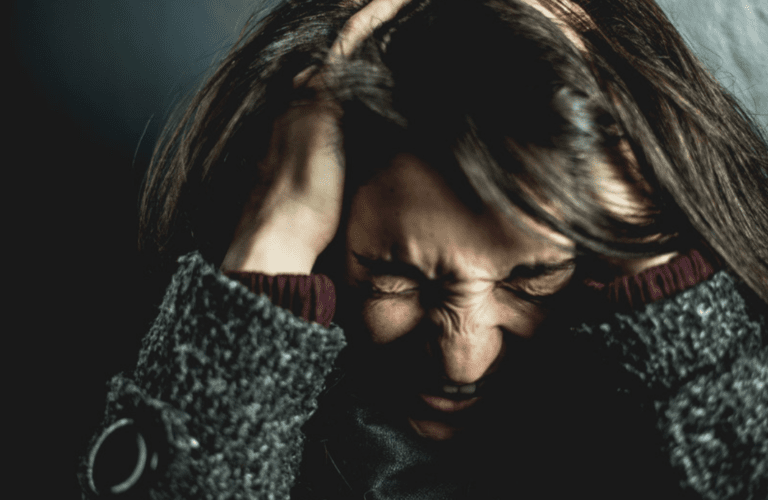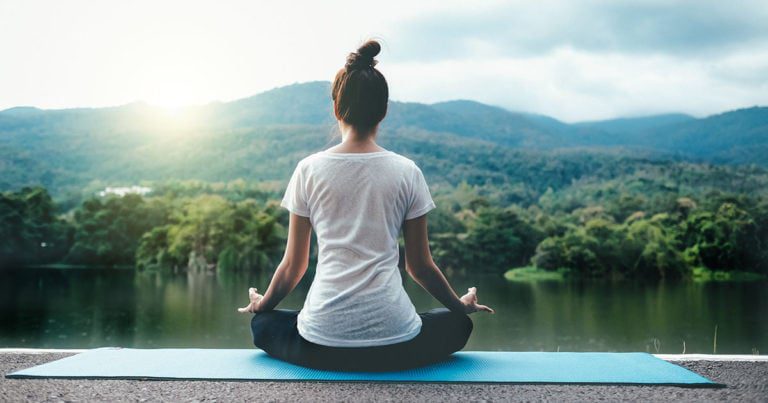5 Natural Remedies for Pain Relief
Pain is a challenge for those who are in recovery. In the past, doctors may have been quick to prescribe an opiate prescription painkiller. Now that we, as a nation, are aware of the toll that the opioid epidemic has taken on our society, doctors and pharmacists are on guard about handing out prescriptions for painkillers. As a result, those with chronic pain often find themselves in a tricky situation. A person in recovery may suffer from chronic pain and cannot turn to opiate painkillers or other prescription medications for fear of relapse. As a result, it’s important to be aware of natural remedies for pain relief.
If you or someone you care about struggles with chronic pain, learning about natural remedies for pain relief can be a good idea to prevent a person who has had an issue with substance abuse from relapsing or prevent a person who is at risk from accidentally developing a dependence on addictive medications. Reach out to Oasis Recovery to learn more about the alternative natural remedies that can be used in lieu of prescription medications to manage pain.
5 Natural Remedies for Pain Relief
1. Yoga
When people think about managing pain or chronic pain without the aid of conventional pharmaceuticals they jump to the conclusion that herbal remedies must be the answer. In reality, there are many other techniques that can help with pain management that do not require any sort of medication or supplements.
Different styles of yoga are designed to address different situations. Yoga has the ability to create a mind-body connection that can tap into pain receptors. When combined with meditation, yoga can be especially helpful. When you seek yoga for pain, ask a specialist to guide you in the direction of yoga techniques that address particular types of pain such as back pain or muscle tension.
2. Acupuncture
Acupuncture is an ancient Chinese practice that has been Westernized in the modern era. Acupuncture is used to help relieve pain as well as ailments associated with a range of medical conditions. In some instances, acupuncture can be helpful for those who suffer from:
- Migraines / headaches
- Neck pain
- Back pain
- Arthritis
Many report acupuncture assist with general pain management. Acupuncture involves using very thin needles to stimulate nerves in the body that transmit signals to the brain to transfer natural pain relief to these areas in the form of beta-endorphins. It’s important to keep in mind that acupuncture has not been proven to be effective as a replacement for other traditional modes of pain management and is not effective for everyone.
3. Physical Therapy
Physical therapy and strength training can help relieve pain due to mild injuries and chronic conditions. A good chiropractor and sports medicine or fitness trainer can provide you with a wide range of knowledge about stretches and low-intensity workout strategies that can help your body naturally relieve pain without the use of pharmaceutical and medical interventions.
4. Counseling
There are many forms of mental health counseling ranging from cognitive-behavioral therapy to trauma therapy to biofeedback that can help address pain in surprising ways. We too often forget that the mind and the body are deeply intertwined. The pain we carry in our minds and in our memories can directly translate into physical pain, weight, tension, and trauma that we carry in our bodies. Working with a mental health specialist can help rid ourselves of both the mental health issues that cause psychological and emotional pain as well as the corresponding physical manifestations that result from carrying around this burden.
Group therapy can be helpful for those who struggle with pain. Listening to others tell their stories and share their methods for managing pain is a reminder that you are not alone. Engaging in therapy with others can help provide space for sharing the difficulties involved in your personal journey of addiction, recovery, and dealing with pain. Reminding yourself that there are others who are going through similar experiences can help you persevere in difficult times.
5. Exercise
No one likes to hear that exercise may be the answer to their problems. Sometimes exercise is precisely what the doctor ordered. Exercise has been scientifically proven to reduce pain for the majority of conditions.
It’s important to keep in mind that exercise does not necessarily mean going to the gym or spending a large majority of your time focused on physical training. General movement is what matters most. In spite of pain, it’s important for all of us to make sure we have enough movement each day. This means not spending too much time either lying down, sitting, or standing in one place. Walking, even just inside your living space can make a difference. A five-minute walk that takes you just a few blocks from where you live can make an extraordinary difference if you start doing that daily as opposed to not at all.
Research indicates that combining a range of movement is typically best for those in recovery. Integrating stretching exercises is important, just as strength training and cardio are important. Walking and light hiking on inclines can be an excellent workout even in short bursts.
Contact Oasis Recovery about Natural Remedies for Pain
You might be surprised to learn that herbal supplements are not the go-to for those who are avoiding using prescription painkillers. Herbal supplements are not FDA-regulated or endorsed for their abilities to relieve pain. Many of the claims made by supplements and the companies that market them are not proven by real science. People do not always realize that just because a medication or supplement is sold over-the-counter (OTC) does not mean it’s harmless. There are many herbal supplements that can be toxic or dangerous if taken in large quantities or otherwise misused. Some supplements that are claimed to relieve pain are habit-forming.
Before you start using an OTC medication or herbal supplement that you’ve heard a thing or two about, be sure to consult with a trained medical physician about the possible negative consequences, problematic side effects, or drug interactions that may be associated with these unregulated substances. To learn more about the benefits of choosing natural remedies for pain relief, we encourage you to reach out to the professionals at Oasis Recovery to speak with a specialist today.










